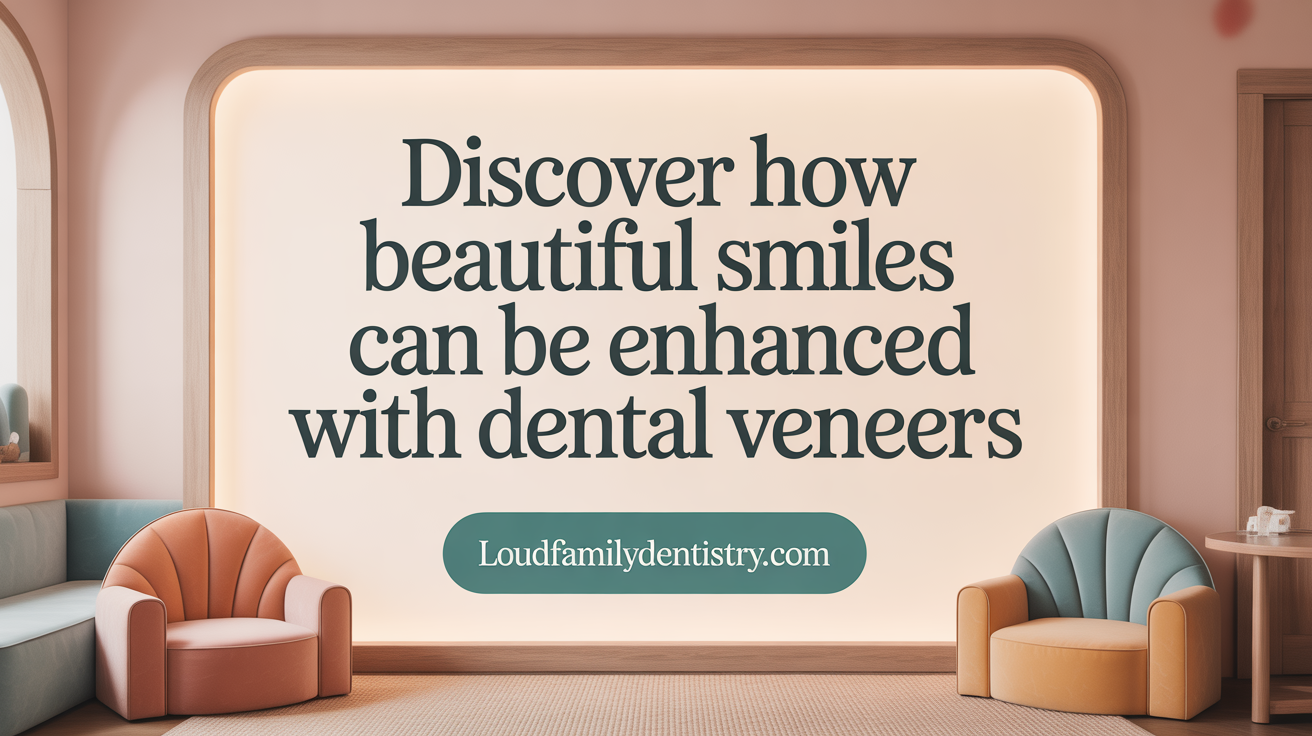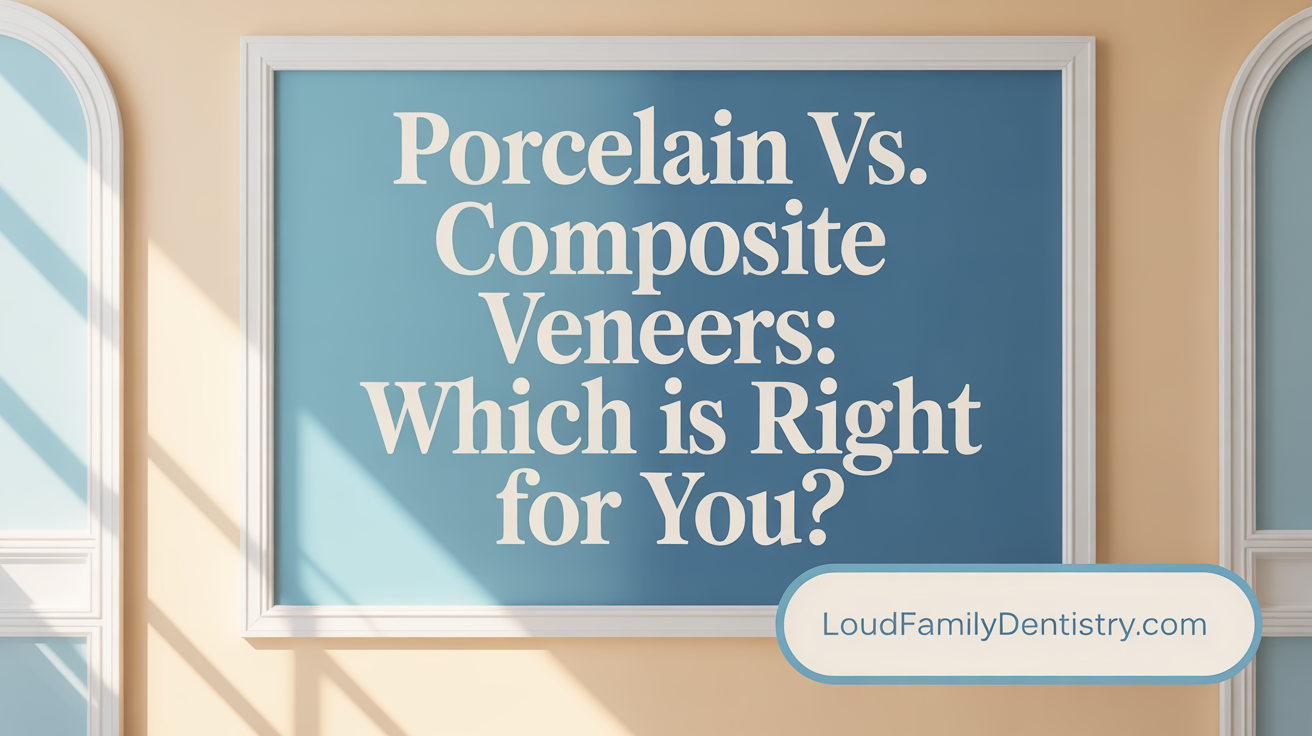Understanding Veneers and Their Role in Smile Makeovers
Dental veneers have revolutionized cosmetic dentistry by offering a versatile, effective way to enhance smiles. These thin, custom-made shells made from porcelain or composite resin cover the front surfaces of teeth to conceal imperfections such as discoloration, chips, gaps, and minor misalignments. This article explores how veneers work, their benefits, types, longevity, and the process involved, helping readers determine if they are the right choice for their smile enhancement goals.
The Multifaceted Benefits of Dental Veneers

What are the benefits of having dental veneers?
Dental veneers provide a wide range of advantages that enhance both the look and function of your teeth. Aesthetically, they cover imperfections like stains, chips, cracks, gaps, and minor misalignments, leading to a more attractive, brighter smile. When made from porcelain or composite resin, veneers are meticulously crafted to match the shape, size, and color of your natural teeth, ensuring they look seamless and feel natural.
Functionally, veneers add strength to chipped or worn teeth and can improve bite and overall dental stability. They are resistant to stains, maintaining their color over many years, and with proper care, often last between 10 to 15 years. While porcelain veneers tend to be more durable and stain-resistant, composite options are more affordable and can be placed more quickly.
Because they involve only minimal tooth removal, veneers are considered a conservative cosmetic solution. They can be combined with other treatments like teeth whitening or orthodontics in a smile makeover, offering versatile results. Fundamentally, veneers not only elevate your appearance but also help boost confidence and promote better oral hygiene habits, contributing to your overall dental health.
| Benefit | Description | Material Differences |
|---|---|---|
| Improved appearance | Conceal discoloration, chips, gaps, and misalignments for a natural, attractive smile | Porcelain: stain-resistant, mimics natural teeth |
| Durability and longevity | Lasts 10-15 years with proper care | Porcelain: more durable, resin: cost-effective |
| Stain resistance | Maintains color despite consumption of coffee, tea, or tobacco | Porcelain: highly resistant to stains |
| Minimal invasiveness | Limited enamel removal required | Conservative treatment |
| Confidence and self-esteem | Enhances smile aesthetics, boosting self-confidence | Custom-fit for natural appearance |
| Versatility in correction | Can address numerous imperfections and improve overall dental health | Suitable for minor misalignments and damage |
Veneers offer an excellent solution for those seeking a significant smile transformation with minimal dental intervention, making them a popular choice for cosmetic dentistry.
Types of Veneers: Porcelain vs. Composite Resin

What are the differences between porcelain and composite veneers?
Porcelain veneers are custom-made, ultra-thin shells crafted from ceramic material that are known for their excellent aesthetic qualities and durability. They are bonded to the front of teeth and provide a natural, translucent look similar to natural enamel. In contrast, composite veneers are made from resin material, which can often be sculpted directly onto the teeth during a single visit, making them a quicker option.
Durability and aesthetics
Porcelain veneers are highly stain-resistant, lasting up to 15 years with proper care. They mimic the light-reflecting qualities of natural teeth and are resistant to discoloration. Composite veneers, while more affordable and quicker to apply, tend to be less durable, typically lasting around 5 to 8 years. They are more susceptible to staining and may wear faster over time.
Cost considerations
Generally, porcelain veneers are more expensive due to the material and craftsmanship involved. They can be seen as a long-term investment thanks to their longevity. Composite veneers tend to be more budget-friendly and require less time and laboratory work, making them an attractive quick solution for those seeking minor cosmetic improvements.
Typical uses and advantages
Porcelain veneers are ideal for patients seeking a long-lasting, natural-looking solution to issues like severe discoloration, chips, or gaps. They offer superior aesthetic results and stain resistance. Composite veneers are suitable for minor corrections, such as small chips or discoloration, especially when cost or time is a concern. They can often be repaired easily if damaged.
This overview highlights how both types of veneers serve different needs depending on individual goals, budget, and dental health, helping patients make informed cosmetic choices.
The Process and What to Expect When Getting Veneers

Consultation and Planning
The journey toward a transformed smile begins with a detailed consultation with your dentist. During this visit, your teeth and overall oral health are thoroughly assessed to determine if veneers are suitable for you. The dentist will discuss your aesthetic goals and examine your teeth for any underlying issues such as decay or gum disease. Advanced digital imaging and shade matching help plan the perfect look, ensuring the veneers blend seamlessly with your natural teeth.
Tooth Preparation and Enamel Removal
Once the plan is in place, the next step involves preparing your teeth for veneer placement. This process requires minimal removal of a thin layer of enamel from the front surface to create space for the veneers. The removal is usually about 0.5 to 0.7 millimeters—striking a balance between sufficient coverage and preservation of natural tooth structure. This step is critical because it allows the veneers to sit flush with your surrounding teeth for a natural appearance. It’s worth noting that this procedure is irreversible.
Custom Fabrication
Following preparation, your dentist takes precise dental impressions or digital scans to capture the exact shape and size of your teeth. These impressions are sent to a dental laboratory where your veneers are meticulously crafted. Whether made from porcelain or composite resin, the veneers are tailored to match your desired color, shape, and size, closely mimicking natural teeth’s translucency and light-reflecting properties. This customization ensures a seamless, natural look that complements your facial features.
Bonding Process
When your custom veneers are ready, you return to the dentist for the bonding procedure. The teeth are cleaned and slightly roughened to enhance adhesion. The veneers are temporarily placed to check fit and aesthetics before being permanently bonded using a special dental adhesive. A curing light is used to harden the adhesive, securing the veneers firmly in place. Final adjustments ensure a comfortable bite and natural appearance. Proper bonding not only enhances the durability of the veneers but also ensures they look and feel like your own teeth.
Aftercare and Maintenance
Caring for your veneers is essential for maximizing their lifespan, which can be up to 15 years or more. Good oral hygiene practices, including brushing twice daily, flossing, and regular dental checkups, help prevent damage and decay around the veneers. Avoid biting hard objects or foods that could chip the material. Since porcelain veneers are stain-resistant, maintaining a stain-free smile primarily involves avoiding stain-causing beverages and foods. If properly maintained, veneers will continue to boost your confidence and provide a natural, attractive smile for years to come.
Longevity and Maintenance: How Long Do Veneers Last?

How long do veneers last and what happens as they age?
Veneers generally last between 10 to 15 years with proper care, though advances in materials mean some porcelain and ceramic options can last even longer. Over time, veneers may show signs of wear such as slight discoloration, chips, cracks, or minor detachment. This is often caused by exposure to hard foods, staining drinks like coffee or wine, or habits like teeth grinding.
Several factors influence how durable veneers remain. Good oral hygiene, a balanced diet, and regular dental visits help preserve their appearance and function. Conversely, poor oral care or aggressive habits can accelerate aging. Changes in the gum line or slight shifts in the fit of the veneers can also impact their stability and look.
As veneers age, the bonding between the veneer and the tooth might weaken, which could lead to looseness or detachment. These issues are often repairable but may sometimes require a replacement. Overall, maintaining healthy habits and scheduling routine dental checkups play vital roles in ensuring veneers last as long as possible and continue to boost your smile’s aesthetic appeal.
Why Veneers Are a Celebrity Favorite for a Flawless Smile

Why are veneers popular among celebrities?
Veneers have become a go-to cosmetic dental solution for many celebrities. Their popularity stems from the ability to quickly transform an imperfect smile into a perfect one. Veneers can effectively hide blemishes such as chips, discoloration, gaps, and minor misalignments, resulting in a uniform, natural-looking set of teeth.
For celebrities, appearance is crucial, especially under the scrutiny of cameras and public events. A radiant smile can boost confidence and enhance their overall image. Veneers, particularly porcelain ones, are highly stain-resistant and durable, allowing stars to maintain their stunning smiles long-term with minimal maintenance.
The procedure itself is relatively quick—often completed in just a few visits—and offers immediate results. This rapid transformation aligns well with the tight schedules of busy stars who need results without prolonged dental treatments.
Ultimately, veneers help celebrities achieve a picture-perfect smile that boosts their public image, enhances their confidence, and keeps them looking camera-ready at all times.
Smile Confidently with Veneers: A Lasting Investment in Your Appearance
Dental veneers offer a compelling solution for those seeking to enhance their smiles through a conservative, durable, and aesthetically pleasing treatment. Their ability to correct various dental imperfections—from discoloration and chips to minor misalignments and gaps—makes them a versatile choice in smile makeovers. Understanding the types available, the process involved, and the maintenance required enables individuals to make informed decisions tailored to their unique needs. With proper care, veneers can provide years of confidence-boosting benefits, helping anyone achieve a natural, radiant smile that complements their facial features and lifestyle.
References
- Discover the Benefits of Veneers for Smile Makeovers
- Exploring The Numerous Benefits Of Dental Veneers
- Exploring the Transformative Role of Dental Veneers in Cosmetic ...
- Are Smile Makeovers Safe & Permanent? | Natic Dentist Guide
- Dazzling Perfection: Porcelain Veneers Transform a Smile
- 6 Benefits of Dental Veneers
- Can Veneers Fix Crooked Teeth? Exploring the Cosmetic Benefits
